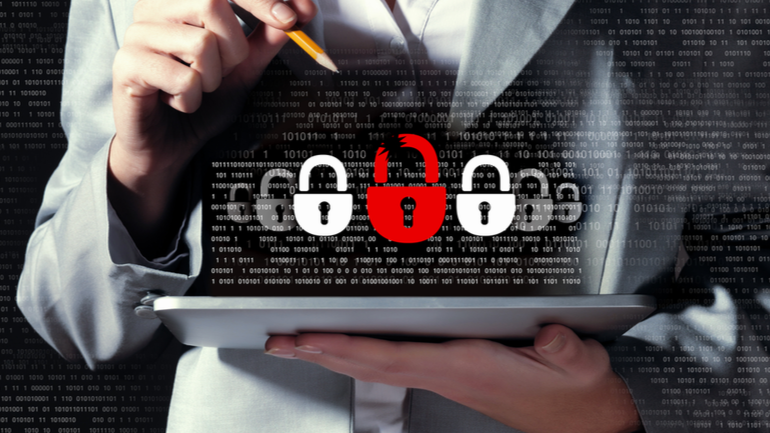The Federal Communications Commission (FCC) has named Kaspersky Lab, a Moscow-based cybersecurity business and developer of popular antivirus software, as one of the organizations posing an unacceptable danger to US national security.
Kaspersky is the first Russian company to be added to the list, which is currently dominated by Chinese telecoms companies. The FCC has now released its most recent list of untrustworthy vendors, which includes, for the first time, a non-Chinese company: Kaspersky. Kaspersky joins Huawei Technologies, ZTE Corporation, Hytera, Hangzhou Hikvision Digital Technology Company, Dahua Technology Company, China Telecom (Americas) and China Mobile International USA on the list.
Once a company has been included on the list, it is illegal for that organization to use federal subsidies, which are distributed through the FCC’s $8 billion yearly Universal Service Fund, or to buy any of its products or services. Domestic consumers, with the exception of government employees, are still free to use these listed companies, including Kaspersky’s antivirus program, though availability and support may become limited. For example, Google Android cannot come preinstalled on Huawei phones, and Huawei phones cannot be manufactured using Intel or Qualcomm semiconductor chips.
FCC chairwoman Jessica Rosenworcel, commented: “Today’s action is the latest in the FCC’s ongoing efforts, as part of the greater whole-of-government approach, to strengthen America’s communications networks against national security threats, including examining the foreign ownership of telecommunications companies providing service in the United States and revoking the authorization to operate where necessary. Our work in this area continues.”
The inclusion of Kaspersky, a Russian cybersecurity software business, to the list should come as no surprise. Russia is facing massive worldwide sanctions as a result of its invasion of Ukraine. Predictably, Kaspersky has contended that the firm is privately owned and operated, with no links to the Russian government. The corporation expressed disappointment with their inclusion on the security list, claiming that the decision was based on geopolitics rather than evidence.







